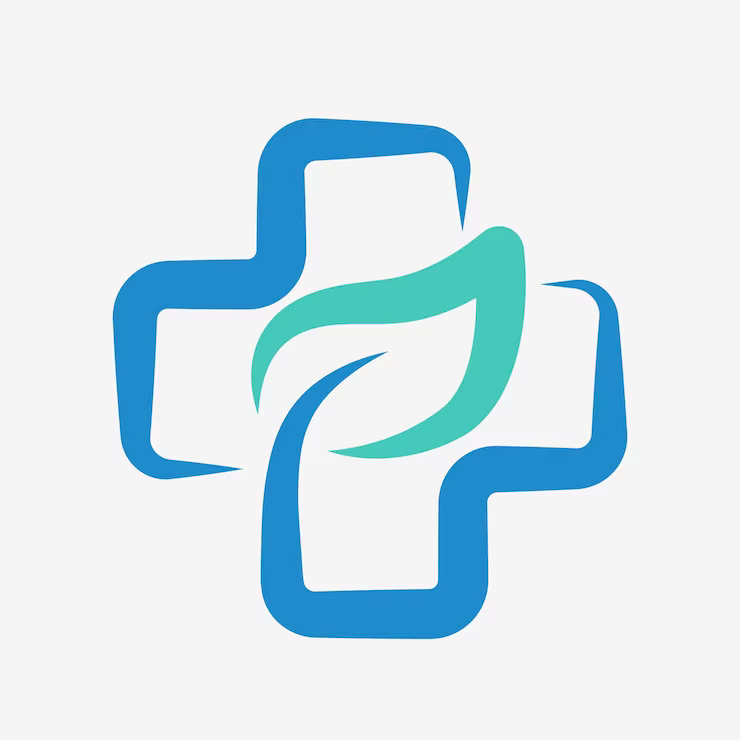Think of EHR consultants as the navigators of a complex digital landscape, helping healthcare facilities chart a course through the intricate world of electronic health records. Just as a skilled navigator ensures a ship reaches its destination smoothly, these experts streamline the implementation, customization, and management of EHR systems. They train staff, identify knowledge gaps, and ensure seamless data migration. Without their guidance, you might face inefficiencies and compliance issues that impede patient care. Curious about how they enhance system performance and regulatory compliance to improve healthcare outcomes?
Role of EHR Consultants
EHR consultants play a critical role in optimizing the implementation, customization, and management of electronic health record systems to enhance healthcare delivery and operational efficiency. You’ll find their expertise invaluable when tackling the complexities of staff training and data migration. Their detailed approach ensures that your team is well-prepared to use the new system effectively, minimizing disruptions.
When it comes to staff training, EHR consultants don’t just offer generic sessions; they tailor their training programs to fit the specific needs of your healthcare facility. They use data-driven assessments to identify knowledge gaps, ensuring that every staff member gains the necessary proficiency. This targeted training significantly reduces the learning curve, enabling your team to achieve operational efficiency faster.
Data migration is another critical area where EHR consultants excel. They meticulously plan and execute the migration process to ensure data integrity and accuracy. Using advanced tools and methodologies, they transfer patient records, billing information, and other vital data seamlessly from the old system to the new one. This precision minimizes the risk of data loss and ensures continuous access to essential information.
Choosing the Right EHR System
Selecting the optimal electronic health record system involves evaluating multiple factors such as usability, interoperability, compliance with healthcare regulations, and the unique requirements of your medical practice. A thorough vendor selection process is essential.
Start by compiling a list of potential vendors, then analyze their EHR solutions based on user interface design, ease of navigation, and overall user experience. You’ll want a system that minimizes staff training time and maximizes efficiency.
Interoperability is another critical consideration. Ensure the EHR system can seamlessly integrate with existing software and hardware in your practice. This includes compatibility with lab systems, billing software, and other healthcare facilities’ EHRs to facilitate smooth data exchange.
Compliance with healthcare regulations like HIPAA is non-negotiable. Verify that the EHR vendor has robust security measures to protect patient data and meets all legal requirements.
Conduct a detailed cost analysis to understand the total cost of ownership, including initial setup fees, ongoing maintenance, and potential hidden costs. Compare these costs against your budget and expected ROI.
Implementation Strategies
To ensure a seamless transition, start by developing a comprehensive implementation plan that includes detailed timelines, resource allocation, and staff training schedules. This plan should act as a blueprint, guiding your project management efforts and ensuring every phase is meticulously executed.
Break down the project into manageable phases, each with specific milestones and deliverables. Use project management software to track progress, allocate resources efficiently, and identify potential bottlenecks early.
Effective staff training is crucial. Develop a tailored training program that addresses the unique needs of different user groups within your organization. Utilize a mix of training methods, such as hands-on workshops, e-learning modules, and one-on-one coaching, to cater to various learning preferences. Collect data on training effectiveness through pre- and post-assessments to identify knowledge gaps and adjust the curriculum accordingly.
Moreover, engage stakeholders throughout the process. Regularly communicate updates, solicit feedback, and make necessary adjustments to the plan. This collaborative approach not only fosters buy-in but also ensures that the implementation aligns with the operational realities of your organization.
Optimizing EHR Performance
After establishing a robust implementation plan, focus on fine-tuning system performance by leveraging data analytics to identify inefficiencies and optimize workflow processes. Start by collecting comprehensive performance metrics, such as system response times, user interaction rates, and error frequencies. These metrics offer valuable insights into how well the EHR system is functioning and where improvements are necessary.
Regular system maintenance is crucial to ensure optimal performance. Schedule periodic reviews to update software, apply patches, and optimize database performance. Addressing these routine tasks can prevent slowdowns and ensure that the system remains responsive and efficient.
Utilize data analytics to pinpoint bottlenecks in your workflow. For instance, if you notice a high frequency of user errors at specific stages, it may indicate a need for additional training or interface adjustments. By analyzing patterns, you can implement targeted improvements that enhance the overall user experience.
Frequent performance evaluations allow you to adapt quickly to changing needs. Set clear performance metrics and benchmarks to measure success. Aim for continuous improvement by regularly reviewing these metrics and making data-informed decisions. Effective optimization not only enhances system efficiency but also contributes to better patient care outcomes.
Regulatory Compliance
Ensuring regulatory compliance within your EHR system is paramount for maintaining patient privacy and meeting legal standards. To achieve this, you must prioritize HIPAA compliance, ensuring that your electronic health records are securely managed and protected. EHR consultants play a critical role in guiding you through complex regulations, helping you implement robust data privacy measures.
First, assess the current state of your EHR system. Identify vulnerabilities and potential compliance gaps. An EHR consultant can perform a thorough audit, pinpointing areas that need immediate attention. They’ll recommend and implement encryption protocols, secure access controls, and regular data privacy training for your staff.
Next, develop a compliance strategy tailored to your specific needs. This involves creating detailed policies and procedures that align with HIPAA guidelines. EHR consultants will ensure your system supports secure data transmission, storage, and retrieval, minimizing the risk of breaches and unauthorized access.
Enhancing Patient Care
Harnessing the full potential of your EHR system directly impacts the quality of patient care, streamlining workflows and enabling more accurate diagnosis and treatment plans. By optimizing your EHR, you can improve patient engagement through comprehensive data capturing and real-time access to patient histories, lab results, and treatment records. This seamless integration ensures that clinicians have the critical information they need to make informed decisions quickly.
Maximizing clinical efficiency is another significant benefit. EHR consultants can help you implement advanced features like automated reminders for follow-ups and medication schedules, minimizing human error. You can also leverage analytics to identify trends in patient data, aiding in proactive care management. For instance, predictive analytics can flag potential health risks, allowing for early interventions that improve patient outcomes.
Moreover, with enhanced interoperability, your EHR system can facilitate better communication among different healthcare providers, ensuring continuity of care. This collaborative approach not only boosts clinical efficiency but also enhances patient satisfaction by reducing redundant tests and appointments.
Data-driven insights derived from EHR systems can further support personalized treatment plans, aligning with best practices and evidence-based guidelines. In sum, EHR optimization is crucial for elevating both the quality and efficiency of patient care.
Conclusion
In conclusion, EHR consultants are the linchpins of your healthcare facility’s digital transformation. By ensuring seamless data migration and optimizing EHR performance, they help you navigate the labyrinth of regulatory compliance.
Like skilled artisans, they tailor training programs to fill knowledge gaps, enhancing both staff proficiency and patient care. Trust in their expertise to elevate your EHR system to new heights, making your transition as smooth as clockwork.






